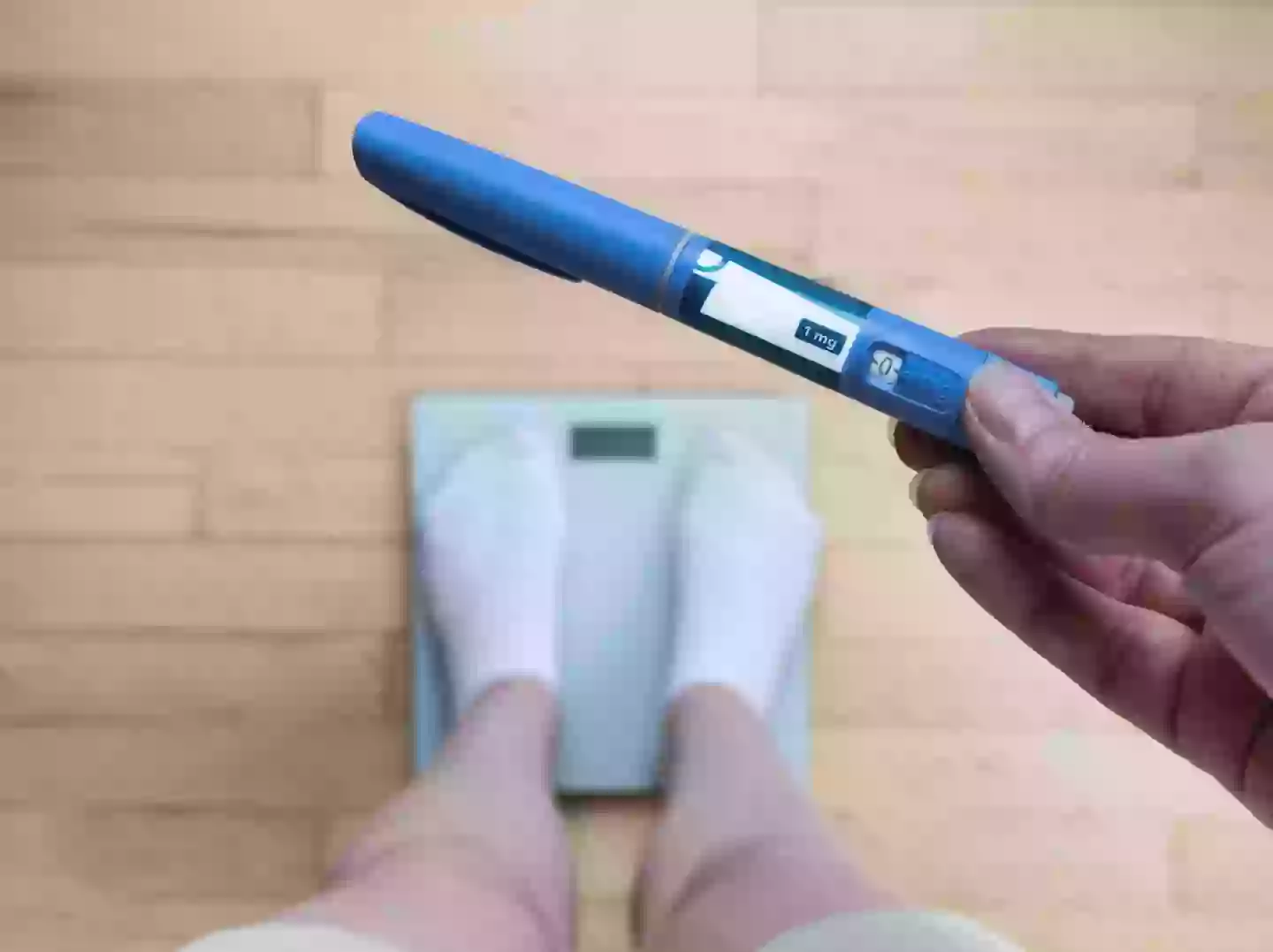A medical expert has highlighted a lesser-known side effect of Ozempic, which may have significant long-term health consequences.
Originally developed to help individuals with Type-2 diabetes manage their blood sugar levels, Ozempic has gained popularity among those seeking weight loss in recent years.
Approved in 2017 by the US Food and Drug Administration (FDA) for diabetic patients, Ozempic contains semaglutide as its active ingredient, which simulates the body’s natural GLP-1 hormone involved in appetite regulation.
This once-weekly medication starts at 0.25mg, gradually increasing up to a maximum of 2mg per dose.
Despite its rising popularity for weight loss, Ozempic has not been formally approved for this use, and healthcare professionals have raised concerns about potential adverse effects associated with the drug.

Dr. Glenn Messina, a former professor at Stony Brook School of Medicine, provides medical care to the Long Island, New York community.
He also manages a popular YouTube channel where he shares health advice and insights.
In a recent video, Dr. Messina discussed a little-known side effect of Ozempic that could have lasting implications.
He noted that the drug has become extremely popular for weight loss, even though it is officially intended for Type-2 diabetes patients.
“Ozempic has got a host of problems, from pancreatitis (inflammation of the pancreas), thyroid carcinoma (thyroid cancer), and causing gastric problems,” the doctor explained.
“There’s another thing that is being found out, muscle wasting. Therefore if you are taking Ozempic, please do it under medical supervision.”

In a subsequent video, Dr. Messina elaborated on how Ozempic affects the brain, signaling that enough food has been consumed even when this is not the case, leading to weight loss.
He mentioned that some individuals might experience nausea and diarrhea, which could increase the likelihood of muscle wasting.
A study investigated the effects of drugs like Ozempic on muscle mass and bone density, finding that while effective for weight loss, these drugs may have significant drawbacks.
Dr. Rekha Kumar, a New York endocrinologist, commented to Healthline: “[It’s] important to note that a lower body weight does not always mean that a person is healthier. After some weight loss is achieved and a person reaches a plateau, it is important to assess body composition.
“Any time people lose weight, one-quarter to one-third of that weight can be muscle, and the faster we lose, the more likely we are to lose muscle. While 20 percent reduction in muscle mass seems normal for someone losing weight, the problem is the length of time in which this muscle loss occurs.”

In a statement given to UNILAD last week, Novo Nordisk, the company behind Ozempic, stated: “In clinical trials for Wegovy, Ozempic or Rybelsus, we did not specifically study the medicine’s impact on muscle mass.
“In a sub-study of 140 patients with a BMI of 40 or less conducted as part of the STEP 1 trial, dual-energy x-ray absorptiometry (DEXA) analyses suggested that treatment with Wegovy was accompanied by reductions in both fat mass and lean body mass, with a greater reduction in fat mass than lean body mass.
“We recommend that any patients experiencing side effects while taking Wegovy, Ozempic or Rybelsus contact their healthcare provider.”

